The organization mechanism in Dual Universe is extraordinarily simple and flexible in the sense that it does not force the player into a specific type of group management, and it isn't governed by highly restrictive and arbitrary rules. As a result, players are given the opportunity to form diverse organizational structures, from a loose pirate gang to a full-fledged space empire. Players may join a maximum of 5 organizations.
Organization Membership[]
Organization Membership in Dual Universe is very similar to the guild membership system in almost every other MMO: Player characters may join an organization, which allows them to be given various rights and duties associated with that organization, and gives them access to any number of benefits specific to that organization. For example, joining an organization may give the player access to that groups constructs, community resources, resurrection nodes, and/or territory.
Super-Legate[]
A Super-Legate is the creator and top ranking officer of an Organization - essentially its "owner"
Legates[]
are the leadership of an Organization, with each Legate having the same relative power, they generally act as the officers and administrators of an organization. Individual legates may have all the rights and powers available for managing an organization (such as the ability to accept applications, kick members, assign roles, access wallets, and so on), or they might have none of those roles. This is all determined by the Superlegate using the RDMS system to allow / deny certain rights.
However, all legates have voting power. While the individual powers of organizational leadership may be given to a non-legate-member, that member would not officially be a legate unless they are appointed / voted into the role and as such have voting power.
Members[]
Members are only different from legates in that they do not possess operational power unless given to the through the RDMS system, and therefore cannot vote. Members have no default powers or access within their organization, unless that access is available to everyone or they are directly given rights by a member with the power to do so.
Voting[]
When an organization is created, the creator may appoint Legates for that organization, this gives those members voting rights, and operational rights to organization constructs by default. which they can use to influence organizational decisions. Some actions, such as removing a legate or promoting another to a legate position will require a vote, with the decision going to the side with the most votes. As a result, in an organization with only a Super-Legate, that person would have complete power over voting-decisions.
